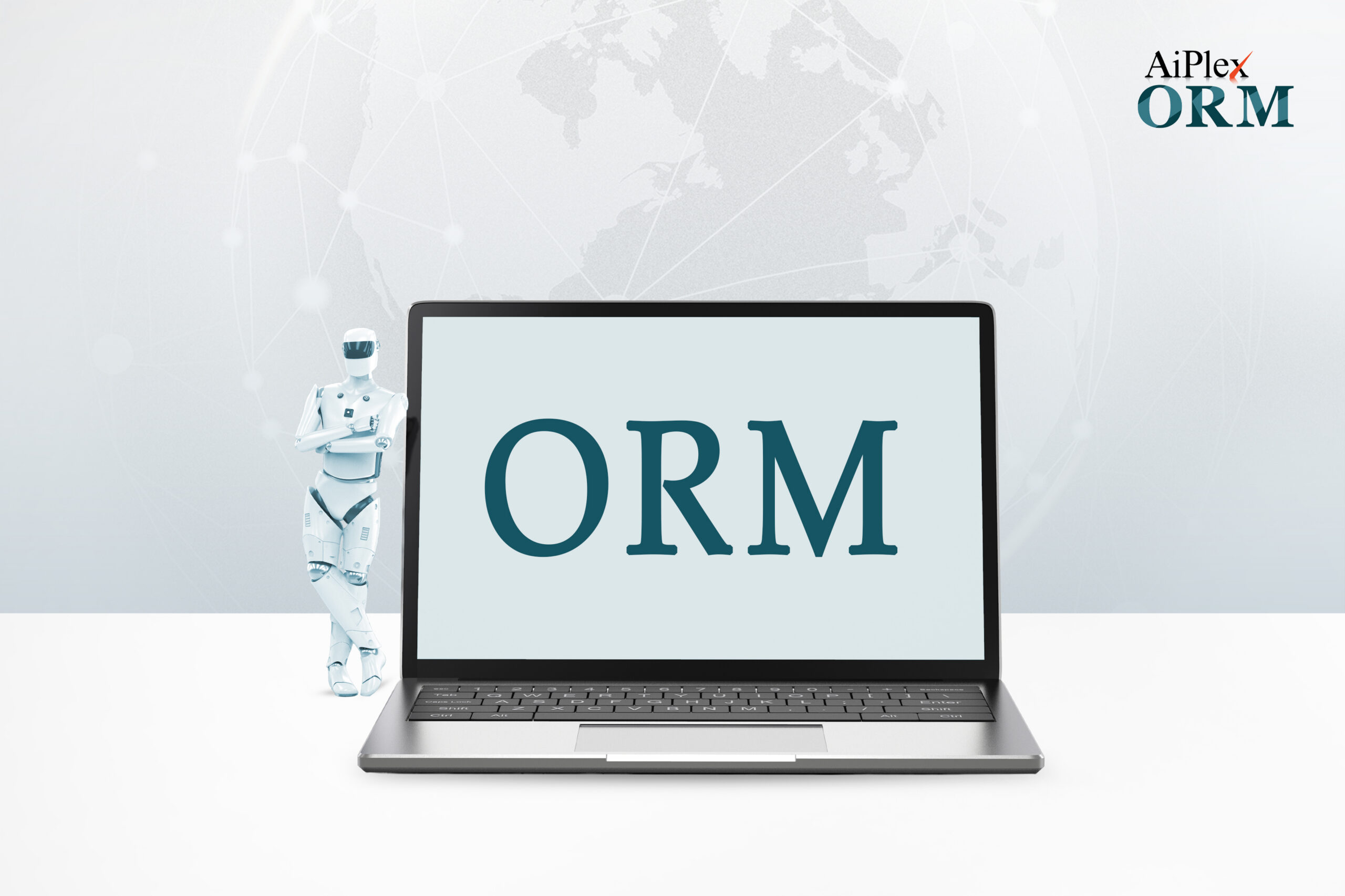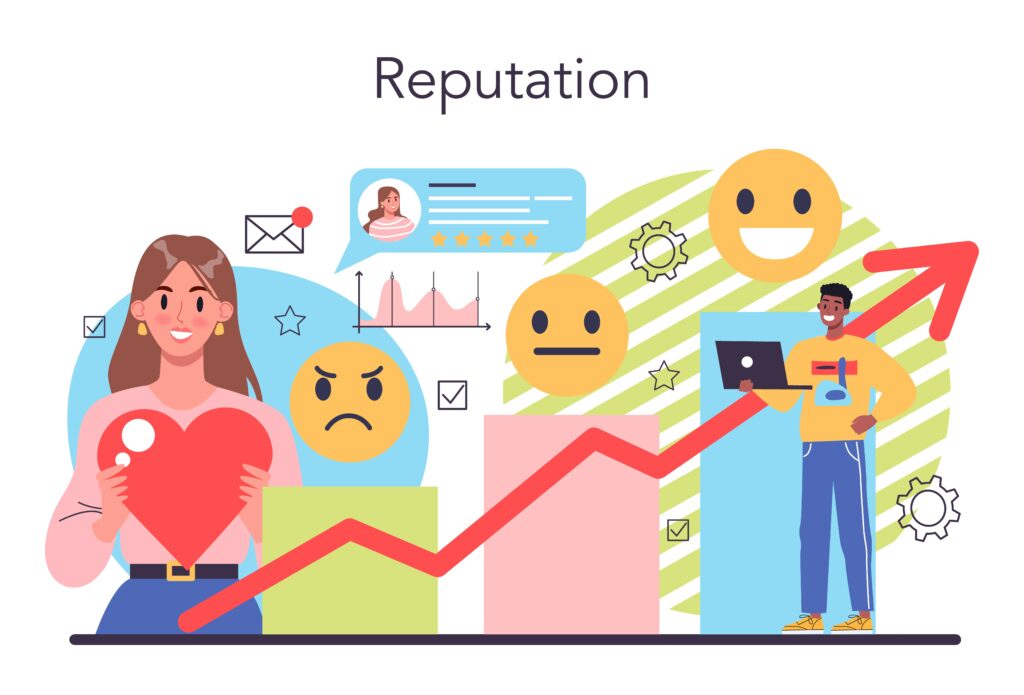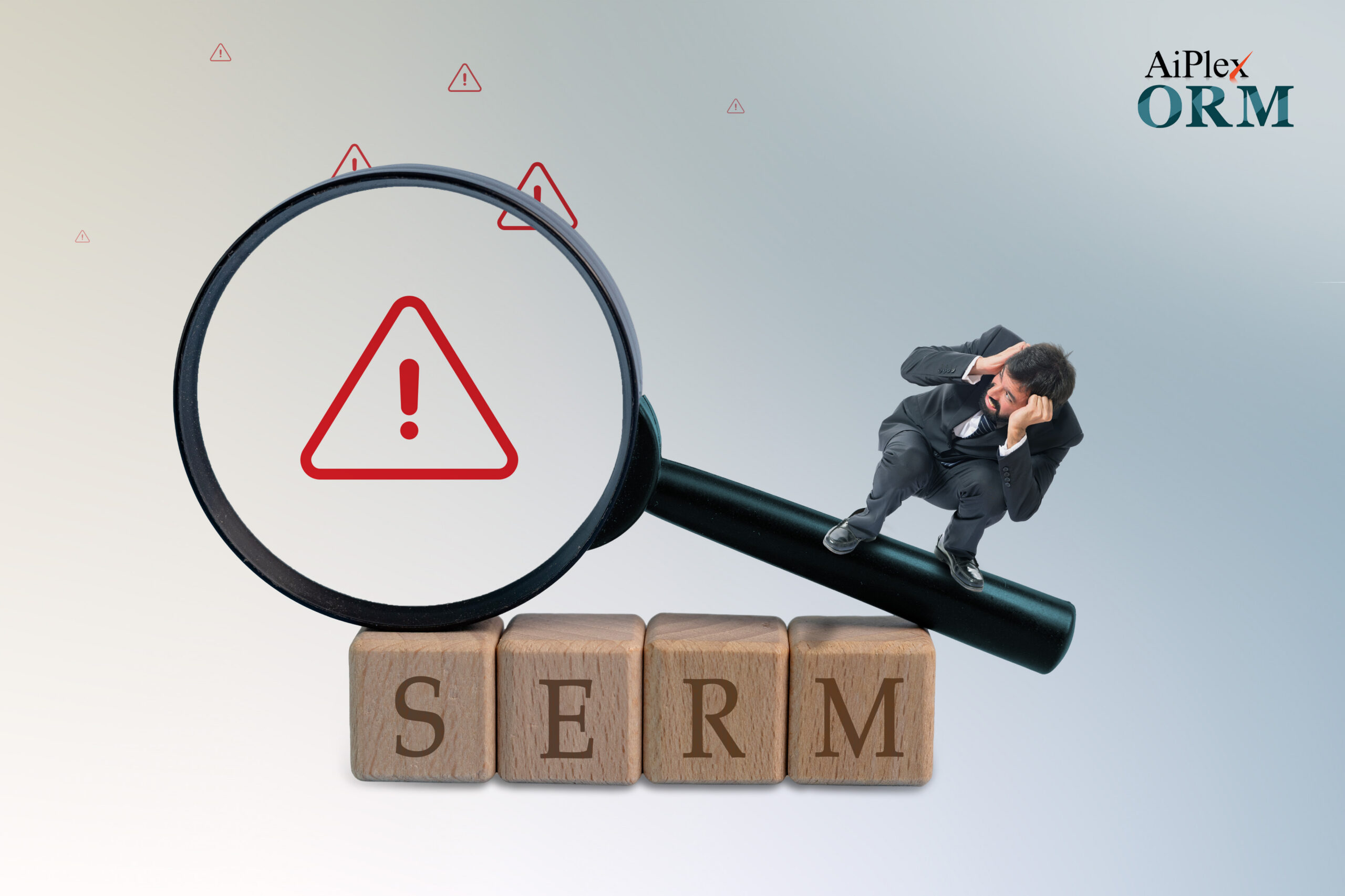Top Strategies for Effective Reputation Management in the Digital Age
In today’s highly connected digital landscape, reputation can be built or broken in moments. From viral tweets to online reviews, businesses are constantly under public scrutiny. That’s why reputation management is no longer a luxury—it’s a necessity. Whether you run a startup or a multinational enterprise, curating a trustworthy online image is paramount for success.
This blog presents proven strategies to master reputation management in the digital age. We will explore tactics ranging from SEO optimization and social listening to AI-driven review monitoring. If you’re looking to strengthen your brand’s presence and credibility online, Aiplex ORM offers the cutting-edge tools and expert services to guide your journey.
Key Considerations Before Launching a Reputation Management Strategy
Before implementing reputation management techniques, it is essential to understand the key factors that can influence your online image. From technological tools to internal branding, having a solid foundation will amplify the success of your efforts.
Know Your Digital Reputation Baseline
Understanding where your reputation currently stands is the first step in shaping it. Conducting a reputation audit helps identify public perception across search engines, review platforms, and social media. Secondary keywords: “reputation audit” and “brand sentiment analysis.”
Use tools like Google Alerts, Mention, and Brandwatch to scan for brand mentions. Compile the data and evaluate the tone, reach, and credibility of the content to get a realistic starting point for your strategy.
Identify Your Core Audience and Stakeholders
Different audiences perceive your brand differently. Reputation management is most effective when it aligns with the values and expectations of key stakeholders. Keywords: “audience segmentation” and “stakeholder analysis.”
Analyze customer demographics, employee feedback, and investor sentiment. Tailor communication styles and content formats to resonate with each group for maximum impact.
Evaluate Internal Brand Culture
A company’s internal culture often mirrors its external reputation. Happy employees contribute positively to your brand image, especially on platforms like Glassdoor. Keywords: “employer branding” and “internal culture reputation.”
Encourage open feedback, foster a positive work environment, and align internal values with your external messaging to build a consistent and authentic reputation.
Understand the Role of Technology
Modern reputation management relies heavily on tech tools. From AI sentiment analysis to automated review responses, leveraging the right technology enhances your efficiency. Keywords: “ORM technology” and “AI tools for reputation.”
Evaluate software solutions that offer real-time alerts, analytics, and automation capabilities. Tools like Reputology or Sprout Social can help manage high-volume interactions across platforms.
Prepare a Crisis Response Plan
No brand is immune to negative publicity. A well-prepared crisis response plan can mitigate damage and demonstrate accountability. Keywords: “crisis communication” and “brand recovery.”
Outline roles, messaging guidelines, and timelines for various crisis scenarios. Practice simulations to ensure your team can respond quickly and cohesively when needed.
Top Strategies for Effective Reputation Management
Optimize Your Brand Presence Through SEO
Search engine optimization ensures that positive content about your brand ranks higher than negative or irrelevant content. This includes optimizing web pages, blogs, and press releases. Keywords: “SEO reputation tactics” and “search visibility.”
Build backlinks from authoritative sources and publish high-quality content consistently. Control the narrative by ensuring owned media outperforms third-party reviews or outdated mentions.
Engage in Active Social Listening
Social media is a real-time reflection of public sentiment. Listening to conversations about your brand can help identify issues early and capitalize on positive trends. Keywords: “social monitoring” and “brand mentions.”
Use tools like Hootsuite or Talkwalker to monitor hashtags, tags, and indirect mentions. Immediate engagement shows attentiveness and builds community trust.
Manage Online Reviews Strategically
Online reviews can shape consumer decisions. Actively managing platforms like Google, Yelp, and Trustpilot is crucial. Keywords: “review management” and “customer reputation.”
Thank positive reviewers and address negative ones with empathy and solutions. Showcase testimonials on your website to boost credibility and encourage new customers.
Maintain a Consistent Content Strategy
Content is a powerful tool for shaping perception. Regularly publishing thought leadership, case studies, and industry insights helps establish authority. Keywords: “content reputation” and “brand storytelling.”
Ensure your tone and messaging are consistent across blogs, videos, and social channels. Align content with your brand values and current reputation goals.
Encourage Employee Advocacy
Your employees are brand ambassadors. Empowering them to share positive experiences enhances your credibility. Keywords: “employee branding” and “internal advocacy.”
Provide guidelines and incentives for employees to post on LinkedIn or review your company. Highlight team achievements and work culture on corporate channels.
Leverage Influencer and PR Campaigns
Collaborating with influencers and journalists can amplify your positive image. Strategic PR helps control narratives during launches or crises. Keywords: “influencer partnerships” and “PR strategy.”
Choose influencers whose values align with your brand. Use PR to place favorable stories in media outlets, reinforcing your credibility among broader audiences.
Why Choose Aiplex ORM for Your Reputation Management Needs
Aiplex ORM brings cutting-edge solutions and deep industry knowledge to manage your online reputation effectively. With services like AI-powered review monitoring, crisis response automation, and tailored SEO strategies, Aiplex ensures your brand remains resilient and respected.
What differentiates Aiplex ORM is their client-centric approach and transparent reporting. Their team of experts works closely with businesses to develop scalable, custom solutions. Whether you’re starting from scratch or refining an existing ORM plan, Aiplex is your ideal partner. Explore their offerings today.
Conclusion
Reputation management in the digital age is not just about damage control—it’s about proactive brand building. Leveraging the right strategies and tools can enhance trust, attract new customers, and secure long-term business success. The digital narrative is yours to control, but only if you act intentionally.
Partnering with a specialized service like Aiplex ORM ensures your brand is not only protected but positioned for growth. Their comprehensive, technology-driven approach is exactly what businesses need to thrive in a reputation-driven marketplace.
FAQs
- What is the main goal of reputation management?
To monitor, shape, and protect a brand’s online image across digital channels. - How does SEO help in reputation management?
SEO boosts the visibility of positive content and suppresses negative or irrelevant search results. - What are the best tools for social listening?
Tools like Hootsuite, Mention, and Brand24 are widely used for social listening. - Can negative reviews be removed?
While most can’t be deleted, you can respond professionally and report violations of platform guidelines. - How often should a brand perform a reputation audit?
At least quarterly, or monthly for brands with high online traffic or visibility. - What is the role of AI in ORM?
AI helps analyze sentiment, automate responses, and identify trends quickly and efficiently. - Why involve employees in reputation efforts?
Employees provide authentic voices that enhance credibility and humanize your brand. - How does Aiplex ORM tailor strategies?
They assess your brand’s needs and create customized, scalable ORM plans using advanced technologies. - What’s the difference between PR and ORM?
PR focuses on media relationships and campaigns; ORM is broader, including monitoring, SEO, and crisis management. - Is reputation management a one-time task?
No, it requires continuous monitoring, evaluation, and adaptation to stay effective.















